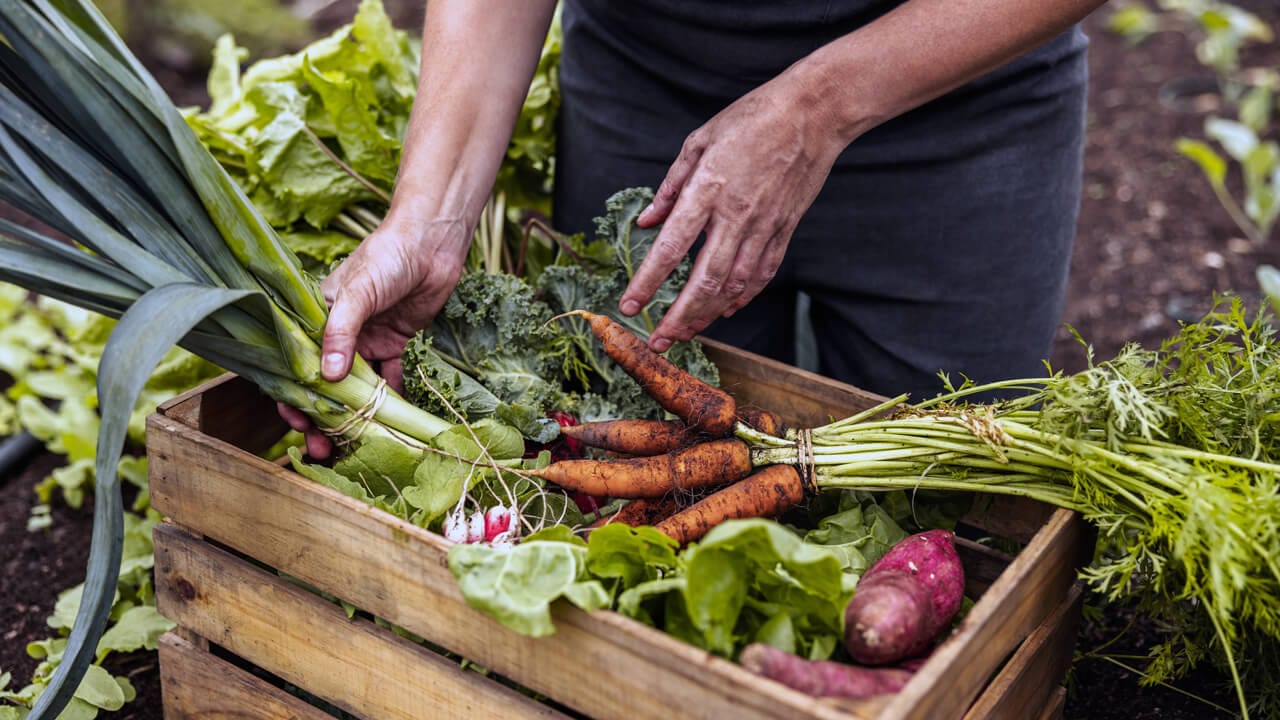Supporting change through collaboration
Since September 2024, the EUTA team has been visiting growers across Serbia as part of the Hort2thefuture project. Led by Steve Quarrie and Ratko Bojović, and coordinated by Milena Micevski, the team has travelled from Belgrade to Valjevo, Ub, Mionica, and Zrenjanin, engaging with 13 farms in total. These include both conventional and organic producers of fruits, vegetables, salad crops, and wine grapes.
The visits form part of Task 6.2 of the project, which focuses on action learning and behavioural change with professional growers. The goal is to support them in testing and co-developing innovative tools and practices for more sustainable horticulture.
Listening to growers’ needs
At every stop, growers have welcomed the team with openness and curiosity. Many shared their daily challenges, their hopes for the future, and their thoughts on innovation. While most small-scale growers are not yet using decision-support tools, they do often rely on local meteorological data and work closely with advisory services. The potential benefits of new tools are widely recognised, but concerns about cost remain a common obstacle.
Despite this, there is no resistance to innovation. Growers are open to exploring new methods and technologies that can improve both sustainability and efficiency.
Exploring alternatives to peat
For some growers, particularly those producing conventional vegetables near Ub, the use of peat remains high, with annual consumption reaching up to 10,000 litres. This includes substrates supplied by Pindstrup, one of Hort2thefuture’s partners. Organic farmers use far less, typically a few hundred litres of Ministry-approved growing media. Regardless of production type, all growers have expressed a clear interest in trialling peat-free alternatives currently being developed within the project.
Soil health and smarter tools
Another area of strong interest is soil health. Growers are keen to try the teabag test, a simple method developed by Steve Quarrie to measure microbial activity in the soil. EUTA is also beginning to supply affordable decision-support tools, such as soil moisture probes and automatic irrigation controllers. These are being tested alongside clear protocols to help growers monitor and manage their systems more precisely.
Looking ahead
The response from Serbian growers has been encouraging. Their willingness to engage, test new solutions, and share knowledge lays a strong foundation for co-creation. As the project continues, these collaborations will play a vital role in shaping the future of horticulture in the region.

